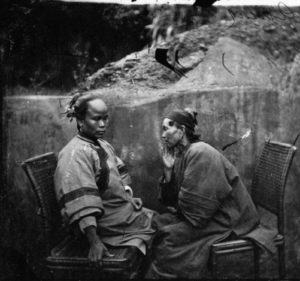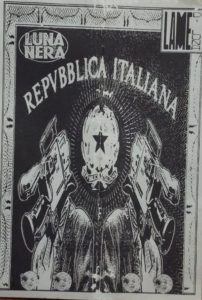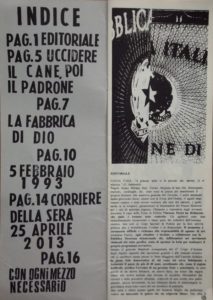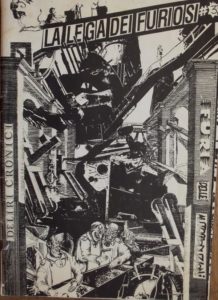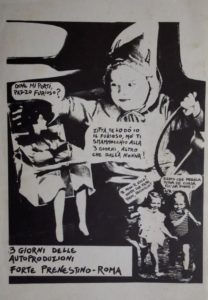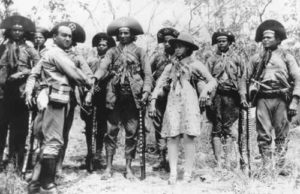Larry W. Giddings (1990)
The Anti-Authoritarian Movement & Political Prisoners
When we mount a movement to challenge power we must expect and prepare for repression as a matter of course. The resurgence of anti-authoritarian organizations has paralleled a general increase in militancy among progressive forces in North America. The predictable state response to this militancy has been increased repression, including political imprisonment.
There are currently well over 100 political prisoners (PPs) and prisoners of war (POWs) held in North American prisons, representing many diverse political movements. Among these are Native Americans, Puerto Rican independentistas, Black/New Afrikan nationalists, white anti-imperialists and anti-nuclear activists. There are also anarchist/anti-authoritarian political prisoners — captured activists from our own movement.



